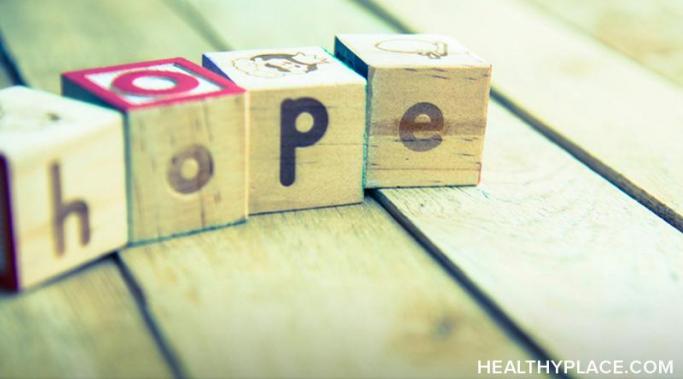Seeing a psychiatrist for the first time can be scary. But everyone around me knows that I'm very open about my experience receiving mental health treatment, so I talk about it. I work as an advocate for recovery. Many friends and family have asked me for insight when it comes to asking for help. I am always happy to provide encouragement and support, even if you're seeing a psychiatrist for the first time.
Embracing Mental Health Recovery
I love being a mental health worker in Toledo, but I see our city named on all sorts of lists: "most stressed-out cities," "high violent crime rates," and even "least-livable cities."
My mental illness is part of my identity because of its huge impact on my life. When I was first diagnosed with schizoaffective disorder, I thought everything in my life could go back to the way it was before my symptoms got out of hand. I didn't know my life would take a sharp turn in a different direction.
My diagnosis validates my experience and makes my mental illness feel real. Schizoaffective disorder accurately describes my symptoms. I wanted a name and to know it can be treated.
Pushing the limits of my mental health lets me live an ambitious life, but it comes with a cost. There's so much I want to do, but overloading my schedule sometimes means sacrificing my mental health. I don't mean having a full-on episode of my mental illness, but rather, dealing with breakthrough symptoms that sometimes occur when I'm feeling overwhelmed. I feel like I have to choose between living symptom-free or pursuing my ambitions, so I often find myself pushing the limits of my mental health.
Living with a mental illness leaves me with some painful and embarrassing memories I would rather not revisit. At the same time, they are a part of me I can’t escape. I want my daughter to know about all the twists and turns in my life that brought to where I am today as her mother, so I'll have to tell her some of my embarrassing memories in the future.
Doctors do not diagnose most mental illness in childhood. I wasn't diagnosed with schizoaffective disorder until my early 20s. While the diagnosis made sense to me, it came as a surprise to many of my loved ones. I believe there were signs growing up that could have indicated that I would develop a mental illness, we just didn’t realize it until I was stable and on medication. There were signs of my mental illness in childhood.
I am constantly testing my limits in mental illness recovery. I’ve always been an ambitious person – before as well as after receiving my diagnosis. I’m usually walking a fine line between barely holding it together and being symptomatic. I tolerate the occasional hallucinations just to continue with my busy life. I don’t want to give up anything. You only get one life and that’s it, so I plan to live it to the fullest and keep testing my limits – mental illness or not.
My recovery from mental illness started on the Internet. I knew I had an eating disorder before I was diagnosed. But before I took that giant leap and asked for help, my curiosity led me to the Internet. I first visited a forum and read others' inspirational stories of recovery from mental illness. Then finally, when I was ready, I researched my own eating disorder treatment options which put me on the path to my recovery from mental illness.









